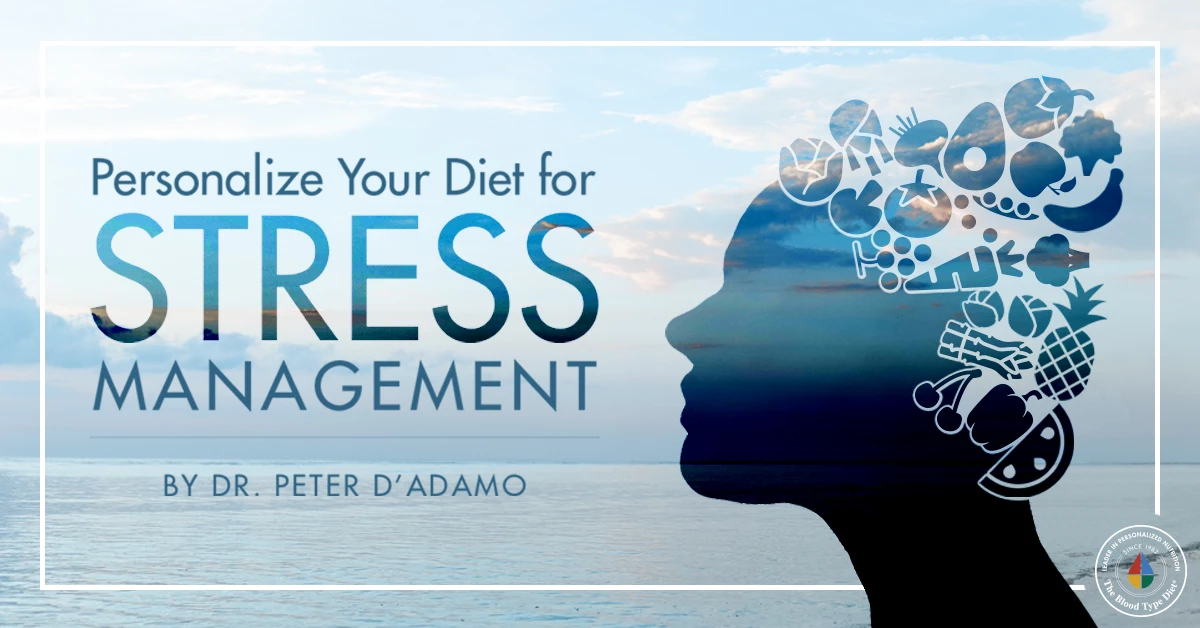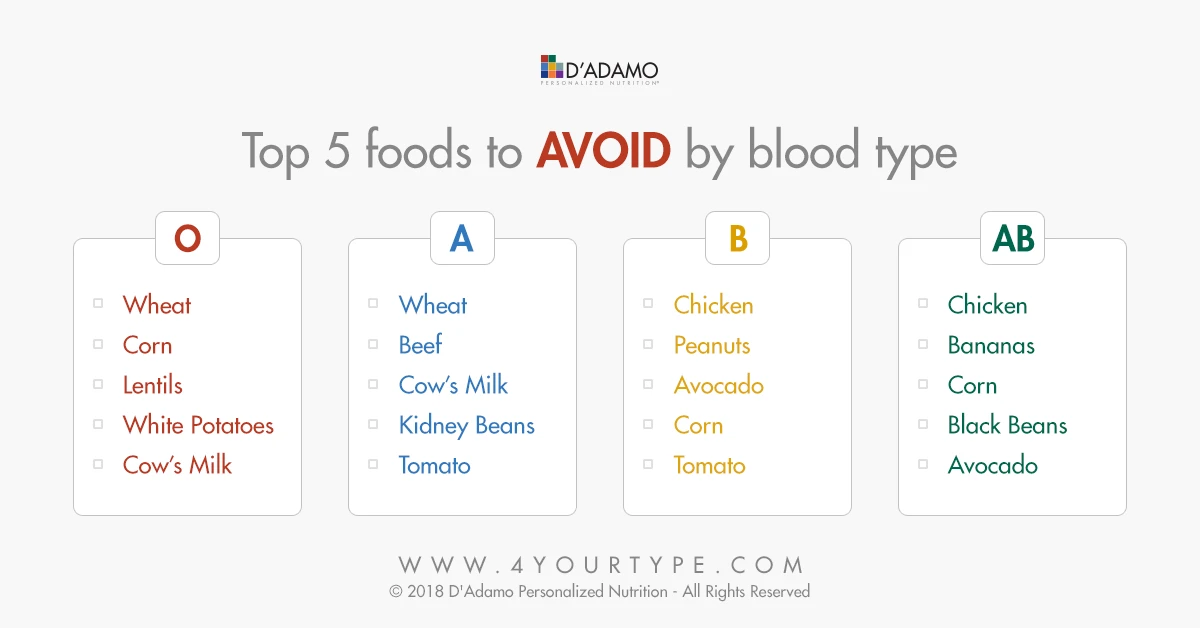
Whether it stems from an argument, a bad day at work, or being stuck in traffic, we all know what stress feels like. Though the experience is all too familiar, do you know what is actually happening in your body during these moments of stress? The whole process is simple to break down from start to finish.
- A stressful moment occurs.
- The adrenals secrete cortisol as a fight or flight response.
- Cortisol floods the body with glucose, providing large muscles with an immediate energy source.
- Cortisol blocks insulin production in an attempt to ensure the glucose is used immediately and not stored.
- Cortisol narrows the arteries while epinephrine (adrenaline) increases heart rate. Both of these cause the blood to pump harder and faster.
- The stressful situation comes to an end, and the hormone levels return to normal.
While this response is natural and healthy, it is hardly as practical as it used to be. The way we react to stress came from our ancestors who developed a biological response to cope with life-threatening situations. In the modern day, we rarely face such acute, intense stress and rather must endure more mild but steady stressors. This drastic lifestyle shift has caused our cortisol levels to remain higher overall. Consistently elevated cortisol in the body can be problematic, resulting in unregulated blood sugar levels, gastrointestinal distress and increased risk for cardiovascular disease and obesity.
Is Food Stressing You Out?
So how do you lower your cortisol levels? Since you’ll never be able to completely eliminate the sources of stress in your life, you need to improve your body’s ability to properly respond to them. The best way to do so is by maintaining a proper diet.
Unhealthy eating habits can throw your body off balance. Most people only realize the damage the wrong foods can cause when it manifests itself as stomach pain, but your body can be negatively impacted in a variety of ways that are less apparent. Following The Blood Type Diet reduces the overall strain on your body, letting it naturally regulate itself more efficiently.
The Best and Worst Foods for Stress Management
While general compliance to the diet and proper exercise patterns based on your blood type can balance your body and resolve most cortisol-related issues, there are some particular foods and nutrients you should avoid if you need to improve your stress response.
- Trans Fats - Trans fats have been almost universally demonized by the nutrition world for years, and for good reason. Trans fats increase cholesterol levels, which negatively affect your arterial flow and thus your ability to cope with cortisol. Despite this, they are still cleverly hidden on labels with names like “hydrogenated oil.” If you see ingredients like this on a product, steer clear.
- Refined Sugars - “Sugar rushes” result from rapid fluctuations in cortisol levels that occur due to sugar intake (especially refined versions). Overconsumption of sugar is one of the most direct ways to disrupt cortisol levels, and long-term elevation leads to insulin resistance and even diabetes over time.
- Caffeine - Another ingredient that gives people a rush, caffeine is directly correlated to cortisol. While occasional caffeine drinking can be healthy, excessive intake or consumption via sugary drinks can lead to negative effects.
- Alcohol - Alcohol puts a great deal of stress on your liver, forcing your body to expend energy on detoxification. Most people realize that drinking to excess can cause problems, but even regulated habitual drinking can put unnecessary strain on your body.
On the flip side, there are certain universally healthy foods that should help to lower your cortisol levels.
- Fiber-Rich Foods - Although fiber is a carbohydrate, it isn’t broken down in the body and thus doesn’t get converted to sugar. This helps maintain not only healthy cortisol levels, but desirable blood sugar levels as well. Some of the best sources of fiber are fresh whole fruits and vegetables, and nuts, like the universally beneficial walnut. Always refer to the TypeBase to check a food’s blood type compatibility.
- Probiotic-Packed Foods - It’s becoming increasingly common knowledge that the gut is the hub of your health. Maintaining proper gut health requires different bacteria working together in harmony. Foods that contain probiotics, like yogurt and kefir, reduce stress on your gut, which in turn has a huge impact on overall stress reduction. For Type O non-secretors and others that don't receive sufficient probiotics from food, our blood type specific Polyflora + capsules are a great choice.
- Antioxidant-Rich Foods - Antioxidants act as a cleanup crew for your cells, scrubbing away debris (in the form of free radicals) and optimizing cellular function. Some great sources of universally beneficial antioxidants are green tea, blueberries and pineapple. Supplements like Proberry, available in liquid and capsules, feature a collection of dark-hued berries that can support a healthy immune system and thus better overall health.
Maintaining low cortisol levels is vital to your overall health. By adapting your diet, you can improve how your body copes with stress and be well on your way to a healthier you.
Best Stress Fighting Supplements
Catechol: B vitamins, amino acids and the botanicals magnolia and rhodiola work together to fight the “slow-burn” of stress that can linger on and cause long term elevated cortisol levels. This blend is good for everyone but is particularly beneficial for blood types O and AB.
Cortiguard: Cortiguard can support nervous system health and strengthen resistance to the physical effects of occasional stress. Its unique blend of B vitamins, panax, ginseng root, eleuthero root and ayurvedic herbs is right for all types and specifically helpful for blood types A and B.


